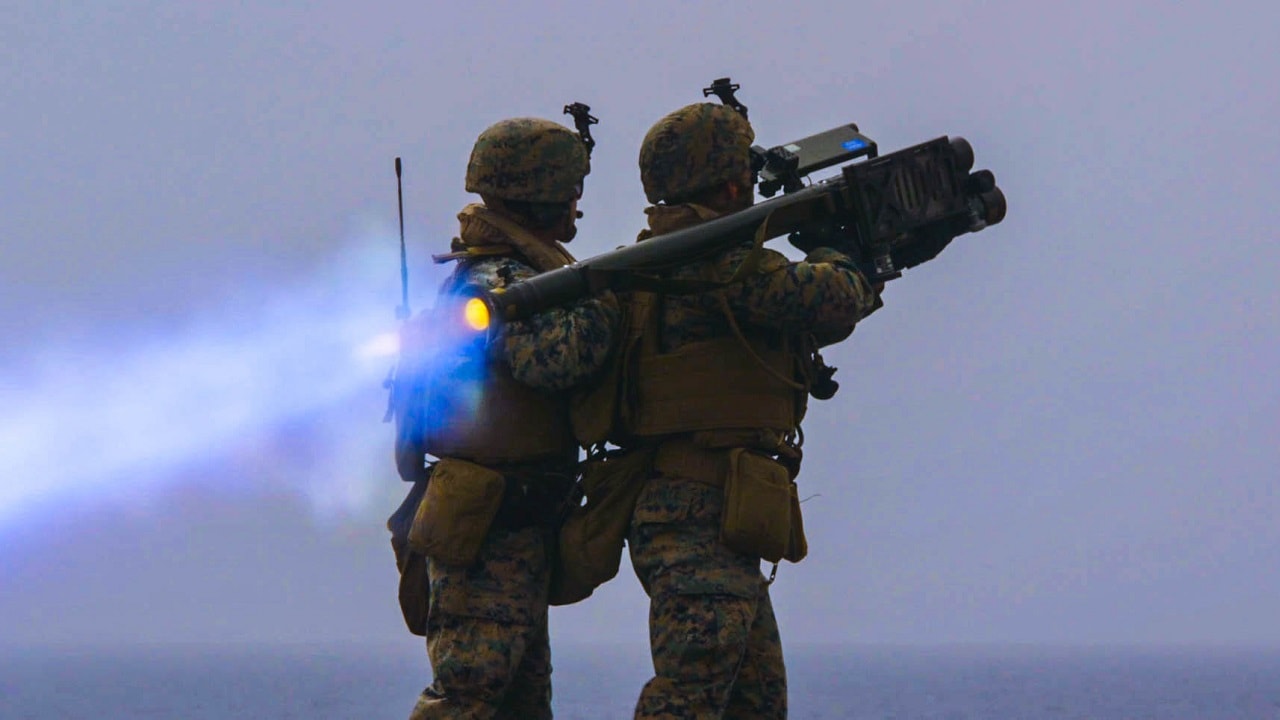In December of 2007, 15 years ago this week, an all-time great director, Hollywood’s hottest screenwriter, and a pair of the world’s biggest movie stars teamed up to make a movie about diplomacy, politics, statecraft, and covert war. One that was consistently funny throughout while delivering a gut-punch of an ending.
The film was Charlie Wilson’s War, and it was the final film directed by Mike Nichols, the man whose notable past films included everything from The Graduate to The Birdcage.
It was written by Aaron Sorkin, based on George Crile’s nonfiction book of the same name, and it’s very much written in the West Wing creator’s voice. It even features multiple “Sorkinism” lines that appear over and over in his projects, like “and I am never sick at sea” and “you’re the press secretary, boo boo.”
Charlie Wilson’s War starred Tom Hanks as the titular Texas Congressman, who in the early 1980s helped coordinate a covert war that helped Afghanistan repel the Soviet invaders and bring about the end of the Cold War.
It was a great, secret victory, although things didn’t exactly end positively, since the Afghan mujahideen who were assisted by Wilson evolved into the Taliban. Also, it was all done very much in secret- like Iran-Contra, in other words, except less scandalous (the biggest difference? Congress had specifically outlawed the sort of aid to the Contras that was arranged in the Iran-Contra affair, and had done no such thing in regard to Afghanistan.)
Of course, it also prefigured the Ukraine war of today, with the U.S. assisting a war effort that involves repelling a Russian invasion. But of course, the U.S. is doing all the Ukraine aid above the board and not in secret. (Charlie Wilson’s War was banned in Russia.) And yes, the Soviet Union would not be the last world power to be pushed out of Afghanistan.
Charlie Wilson’s War is a movie that is very much in tune with how these political and diplomatic negotiations work, even as various stakeholders have taken issue with some of the facts presented. But it’s also full of fantastic characters.
Tom Hanks’ Charlie Wilson is larger-than-life, and a very non-Hanks character. He’s a middle-aged, hard-drinking horndog, first introduced in a hot tub in Vegas with strippers and Playmates, and assisted by a staff of beautiful young women (far from a rare occurrence in real-life Congressional offices, although Wilson was very much a pre-#MeToo figure.)
Pushed by a wealthy, Christian conservative campaign contributor (Julia Roberts) to get the Afghan soldiers better weapons, Wilson goes to Pakistan and meets with government officials and refugees, and is soon moved to launch the war. In this, he’s assisted by another all-timer character, veteran CIA hand Gust Avrakotos (Philip Seymour Hoffman), a coarse, blue-collar Greek-American who pulls it all together, with help from an unlikely coalition of Israel, Egypt, and Pakistan.
The film is very aware of the blowback that resulted from the effort in Afghanistan. Characters repeatedly warn that the war should not be described in religious terms, but that rule is violated repeatedly, especially in a chilling scene in which a Congressman (Ned Beatty) leads soldiers in a chant of “Allahu Akbar.” And the film chides the government for refusing to do nation-building in Afghanistan after the Soviets left, in a pronouncement that doesn’t sound as inspiring today as it did in 2007.
Charlie Wilson’s War wasn’t a massive hit, but it did earn $119 million at the worldwide box office, making more money overseas than domestically. Its only Oscar nomination, though, was for Hoffman for Best Supporting Actor (he lost to Javier Bardem, from No Country For Old Men.)
Even so, it’s a fine film that shows off fascinating processes that movies about politics and war usually leave out.
Stephen Silver is a Senior Editor for 19FortyFive. He is an award-winning journalist, essayist and film critic, who is also a contributor to the Philadelphia Inquirer, the Jewish Telegraphic Agency, Broad Street Review and Splice Today. The co-founder of the Philadelphia Film Critics Circle, Stephen lives in suburban Philadelphia with his wife and two sons. Follow him on Twitter at @StephenSilver.

